
Alcohol is processed by the liver, therefore Dr Turner notes that abstaining – even for a short while – can have a positive impact on the health of this organ. The doctor explains that alcohol can impact your ability to sleep properly. Dr Zac Turner has explained 'five major benefits’ you may experience after going a month without alcohol in his column for news.com.au. Discover the importance of self-care and its impact on mental, emotional, and physical well-being.
Can Ginkgo Trees Help Us Live Longer And Healthier Too?
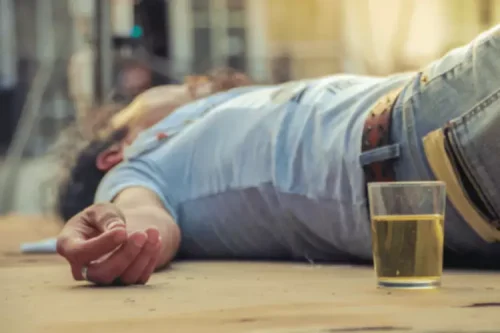
When you stop drinking, your brain may rebound by increasing REM sleep, sometimes leading to an overload of vivid dreaming or even nightmares. This REM sleep rebound can be disruptive, leading to more fragmented sleep and daytime fatigue. One thing you’re likely to notice when you’re trying to cant sleep without alcohol stop using alcohol to sleep, is it takes a lot longer for you to fall asleep initially at night. For many of us, a glass of wine or a couple of beers before bed feels like an excellent way to relax before sleep. It’s harder to wake the person as they become unresponsive to outside stimuli.
- They may turn to alcohol to reduce their anxiety symptoms, which also increases insomnia, exacerbating their anxious feelings.
- And we quickly build a tolerance for the sedative effects of alcohol, which means you may need to drink more to have the same initial sleep-inducing effects.
- Specifically, alcohol consumption has been found to alter the normal sleep cycle by reducing REM sleep and increasing the likelihood of multiple awakenings throughout the night.
- Because alcohol can have a depressive effect on the brain, drinking may help some people fall asleep faster.
- This period lasts about a week for most people, barring those with severe addiction.
Try Cognitive Behavioral Therapy for Insomnia (CBT-I)
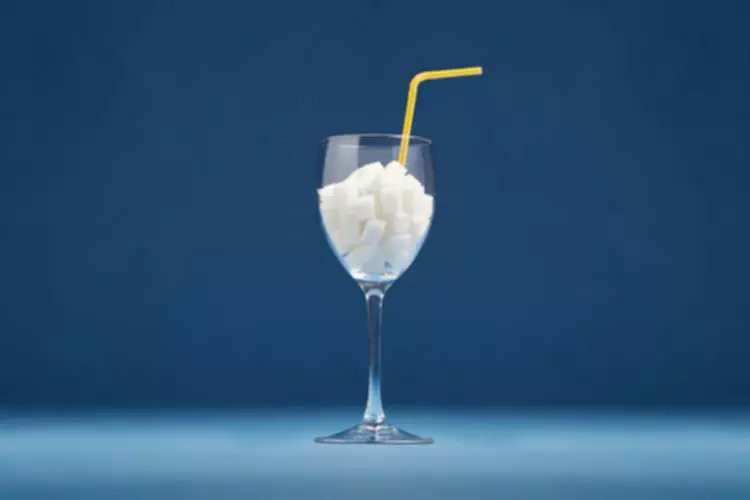
I have been drinking for 14 years and this past year I’ve been trying to quit because its effecting a lot of my relationships. The biggest issue I have noticed is trying to fall asleep on days I don’t drink. For this reason, a person may need to drink increasing amounts to fall asleep, increasing the risk of alcohol abuse and addiction. Researchers have found that insomnia is arisk factor for alcohol abuse.
Stop Drinking At Least Three to Four Hours Before Bed
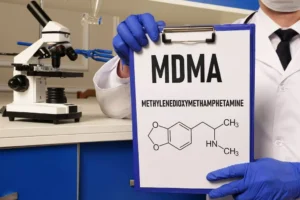
For example, people may experience steroid-induced insomnia, or antidepressants may worsen or induce sleep disorders. It’s generally a good idea to limit the quantity and frequency of drinking altogether, especially in the evenings before bedtime to ensure a good night’s rest. To that end, here are a few alternatives to reaching for the bottle when you’re trying to relax. Worst of all, alcohol blocks REM sleep, considered the most impactful phase of the sleep cycle. So drinkers often feel groggy and unrested even after a long night of ‘drunken’ slumber. While alcohol can make you feel you drowsy initially, the quality that drunken slumber provides is not very productive.
Trouble sleeping without alcohol: Where it starts
After about a week, the symptoms start to calm down, and by the end of the first month, most people see significant improvement, if not complete disappearance, in insomnia. It’s estimated that by the end of 90 days, most people get past insomnia entirely, with rare cases of individuals experiencing it beyond this point. The precise timeline for insomnia post alcohol detox can be elusive as it varies from individual to individual based on a multitude of factors, as mentioned earlier.
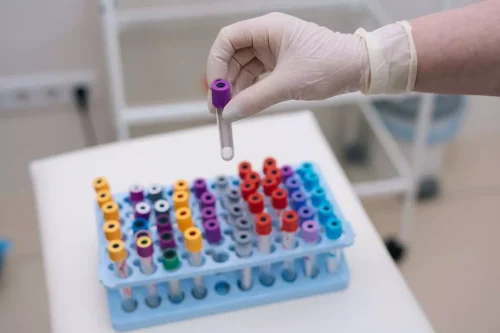
This means you’ll probably end up running to the bathroom more often during the night. What’s more, because your body gradually gets used to alcohol, you may find you need to drink more each night to get the same relaxing sensations. Using alcohol to sleep might seem like a good idea at first, but after a while you notice the long-term problems.
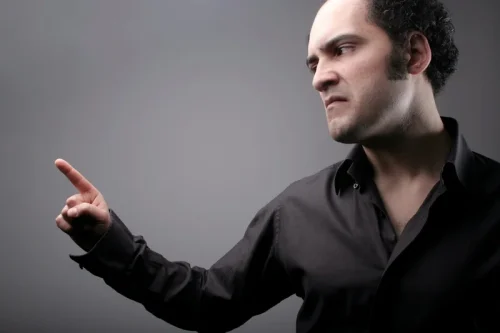
Things are a little more complicated for those with an alcohol abuse problem. Studies show mixed results, with alcohol insomnia and related sleep disruptions lasting from five weeks to six months. Firstly, watch out for the poor sleep hygiene habits that may come with drinking — like late-night meals or bright light exposure. You might also smoke cigarettes or cannabis when drinking, which can also contribute to sleep problems. Benzodiazepines may help sleep problems during withdrawal, which can help you avoid relapse.
- She often brings her own nonalcoholic beer or wine to social gatherings, Laing said, and most bartenders are happy to make a mocktail.
- If insomnia persists for months or you experience severe daytime fatigue, memory issues, or mood disturbances, it’s time to consult a healthcare provider.
- The gut and its microbiome are often referred to as the body’s second brain, and operate under powerful circadian rhythm activity.
- In addition to altering your sleep architecture, alcohol can disrupt your sleep by interfering with contributing to sleep disorders and interfering with circadian rhythms.
0 komentarzy